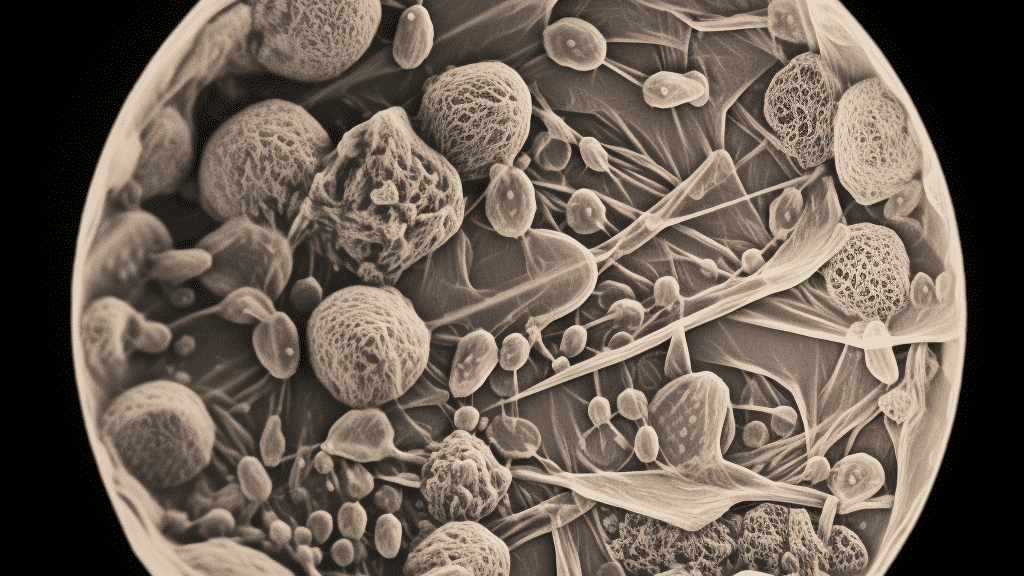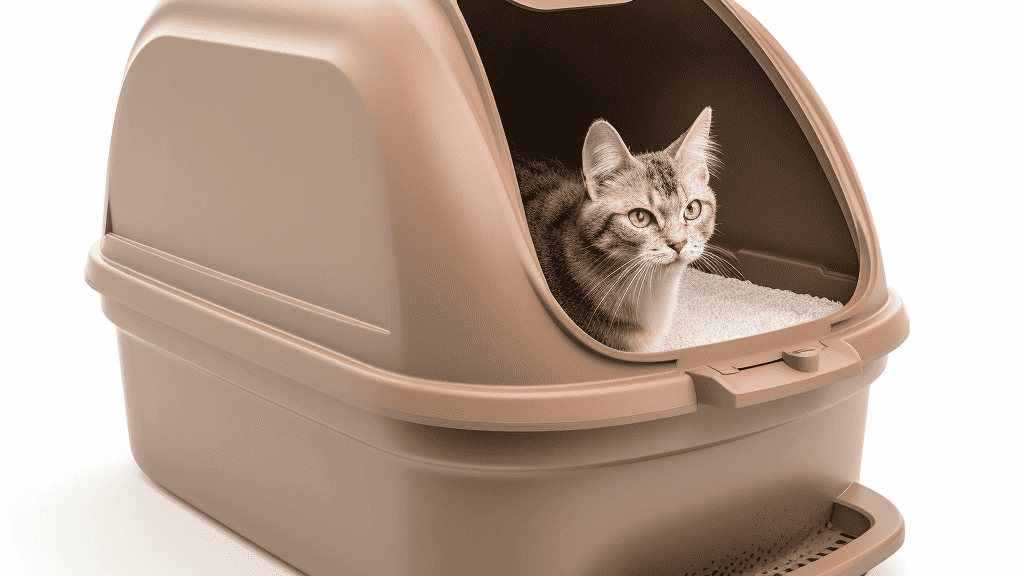You May Be Infected With A Parasite That Makes You Reckless, And Your Cat Is To Blame

When asked what scares them the most, people will generally gravitate towards tangible things–sharks, bears, the dark, closed spaces. These are the sort of things most people would describe as scary. Your fears are misdirected. What you should really be on the alert for is common and likely in your house right now. It’s called Toxoplasma gondii.
Toxoplasma gondii is a parasite that lives in warm-blooded creatures

Toxoplasma gondii is a parasite that lives in warm-blooded creatures and its goal is to reproduce, which it does in the digestive system of felines. When something is infected with this parasite, it’s called toxoplasmosis. That’s not the scary part. The scary part is how it gets there and what it can do to you.
Toxoplasma Gondii starts its life in the brains of rats, which it alters to make them unafraid of cats

Toxoplasma Gondii which finds life in rats, alters the brain patterns of those rats so that they are no longer afraid of cats, their greatest enemy. This essentially means that these rats no longer fear or will flee from the death that will definitely happen if they come in close proximity to a feline.
Cats eat the rats and become infected before transmitting it to humans.

Cats then become infected with Toxoplasma Gondii through ingestion, often by eating infected rodents or raw meat. Once inside the cat’s digestive system, the parasite reproduces and creates oocysts, which are then shed in the cat’s feces. The parasite can also be passed from an infected mother cat to her kittens.
Humans then contract toxoplasmosis through contact with contaminated soil or cat litter.

Humans most commonly contract toxoplasmosis through contact with contaminated soil or cat litter. Other routes of transmission include consuming undercooked meat from infected animals or drinking contaminated water. It’s worth noting that not all cats that are infected with Toxoplasma gondii will transmit the parasite.
In humans, the disease causes mild flu-like symptoms or no external symptoms at all.

In humans, the disease often goes unnoticed, as it generally causes mild flu-like symptoms, if any at all. However, for immunocompromised individuals and pregnant women, toxoplasmosis can pose serious health risks, including eye and brain damage.
The parasite may influence behavior and mental health

Research suggests that the parasite may influence behavior and mental health, although the findings are still inconclusive. Some studies have linked Toxoplasma Gondii infection to increased risk of schizophrenia, bipolar disorder, and even subtle changes in personality and reaction times.
The parasite is thought to alter neurotransmitter levels

The parasite is thought to alter neurotransmitter levels, particularly dopamine, which plays a crucial role in mood and behavior. However, it’s essential to note that the majority of people infected with Toxoplasma gondii do not show any neurological symptoms, and more research is needed to fully understand the extent of its effects on the human brain.
11% of people aged 6 and older in the United States have been infected with Toxoplasma gondii

According to estimates from the Centers for Disease Control and Prevention (CDC), about 11% of people aged 6 and older in the United States have been infected with Toxoplasma gondii.
In some other parts of the world, the infection rates reach up to 50% or more.

In some other parts of the world, the infection rates can be significantly higher, reaching up to 50% or more. Factors like local eating habits, hygiene practices, and the presence of stray cats can all contribute to the varying rates of infection. Despite the relatively high prevalence, it’s important to note that the majority of those infected remain asymptomatic and do not develop severe health issues.
Cat owners are advised to keep their pets indoors to prevent them from hunting infected rodents.

The good news is that there are ways to minimize the risk of transmission. Cat owners are advised to keep their pets indoors to prevent them from hunting infected rodents.
Daily cleaning of the litter box can help prevent Toxoplasmosis.

Also, daily cleaning of the litter box can help, as the oocysts take at least one day to become infectious. Washing hands thoroughly and cooking meat to safe temperatures are also effective preventive measures. Toxoplasmosis is generally treatable in humans with a course of antiparasitic medication.
A parasite that can create humans without fear, and it’s real

Rats and cats, what do we humans have to worry about? Maybe nothing, but what if you went camping and suddenly you’re no longer afraid of bears all because a little microscopic parasite wants to be inside that bear? Yeah. That’s scary.
This idea has been explored in fiction by movies like Skyline and the HBO series True Blood.

We’ve seen this idea play out in films like Skyline where aliens possess their targets with rich light, forcing the humans to move towards the ships that ultimately want to steal their brains. Also, an episode of HBO’s True Blood had vampires, under mind control by witches, walking out into the sunlight to meet the true death.












